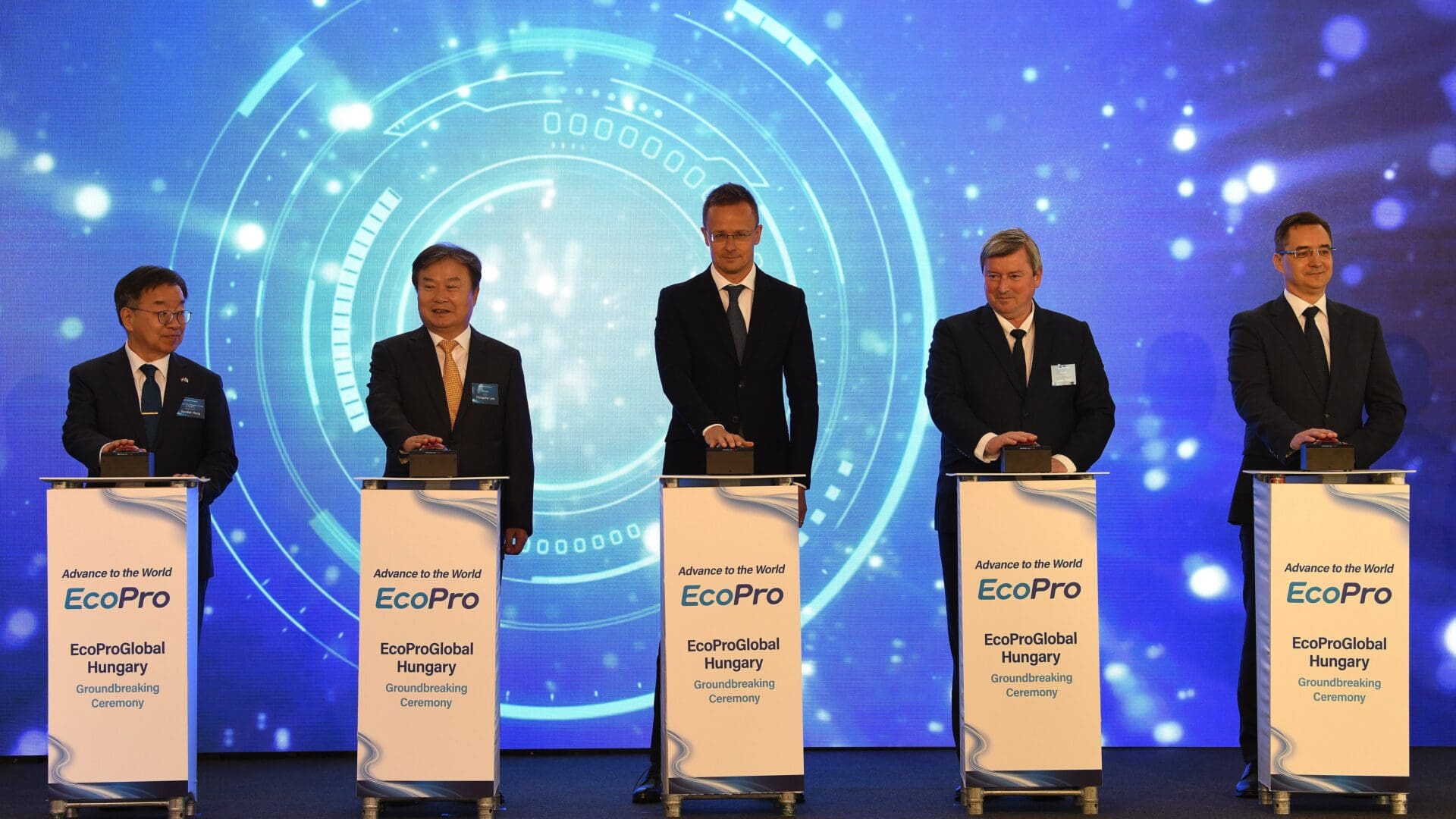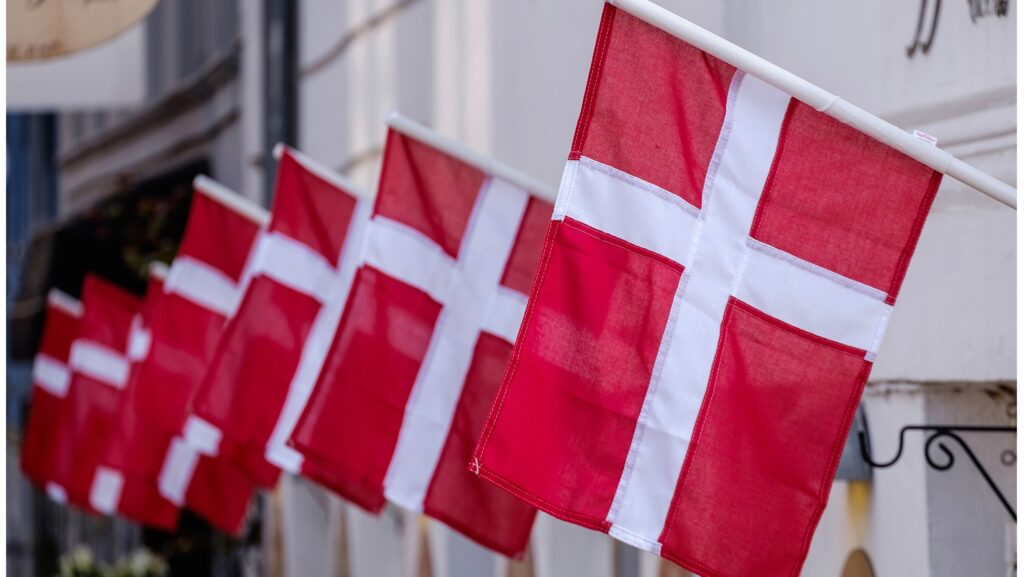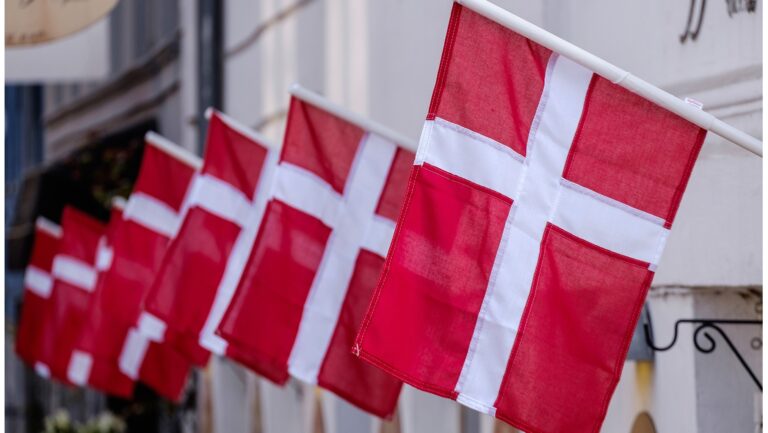The groundbreaking ceremony for the approximately 280 billion forint investment of the South Korean EcoPro in Debrecen, where the company’s factory producing cathodes for electric batteries will create 630 new jobs was held in the presence of Minister of Foreign Affairs and Trade Péter Szijjártó on Friday, 21 April.
An Investment in the Future
According to a statement from the ministry, the minister announced at the groundbreaking ceremony of the company’s first factory outside South Korea that the plant will produce approximately 108,000 tons of cathode material annually, with much stricter environmental regulations than those typically found in Europe. The state supported the 280 billion forint investment with 30 billion forints. He highlighted in his speech that over the past three years, the global economy has turned completely upside down twice due to the coronavirus pandemic and the war in Ukraine, but the automotive industry’s global revolutionary renewal has advanced unwaveringly even amid extraordinary difficulties.
He said that this progress is partly an economic necessity, as all players have invested so much that there is no turning back, and partly an environmental must, as 14 per cent of global air pollution is related to road transport.
‘If in the coming years, the world cannot transition to electric-based transportation, then all environmental goals, climate goals, and green objectives will remain naïve illusions,’ he warned. ‘If environmental protection is important to us, not just as some adjective added to the name of some parties, then we should know that the most important task today is to switch transportation, and therefore the automotive industry, to electric power,’ he added.
Hungary Wants to Be the Answer to Questions About Future European Jobs
Szijjártó pointed out that this shift requires electric cars, which in turn require electric batteries, with Western automotive companies having become completely dependent on Eastern battery manufacturers. ‘Whether we like it or not, this is the way it is,’ he said, emphasising that seven of the world’s ten largest battery manufacturers are Chinese, and three are South Korean. He stated that one of the defining economic processes in the coming years will be these companies’ expansion to Europe, and the question is only where they will create their new factories.
‘We can also ask the question of which European country will benefit from this. Which European country will create jobs on a large scale, which European country will develop the ultramodern technology necessary to achieve environmental goals?’ Our goal is for the answer to this question to obviously be Hungary,’ Péter Szijjártó stated.
The minister reminded that Hungary is in fourth place in terms of the global production and export of electric batteries.
‘So we are not talking about something new, something secret, something unknown to anyone,’ he emphasised. He stressed that this prestigious position is due to Hungary becoming a meeting point for Eastern and Western companies, which is best exemplified by Debrecen, which is now being put on the world map of car manufacturing. The government has already made a decision on allocating 140 billion forints for infrastructure development for the southern economic zone in Debrecen, and preparations are underway for an additional 360-billion-forint development, he highlighted. He also reminded that after a 37 per cent increase in trade between Hungary and South Korea last year, the bilateral trade volume has approached seven billion dollars, setting a huge record. Companies from the East Asian country now make up the fourth largest investor community in Hungary.








